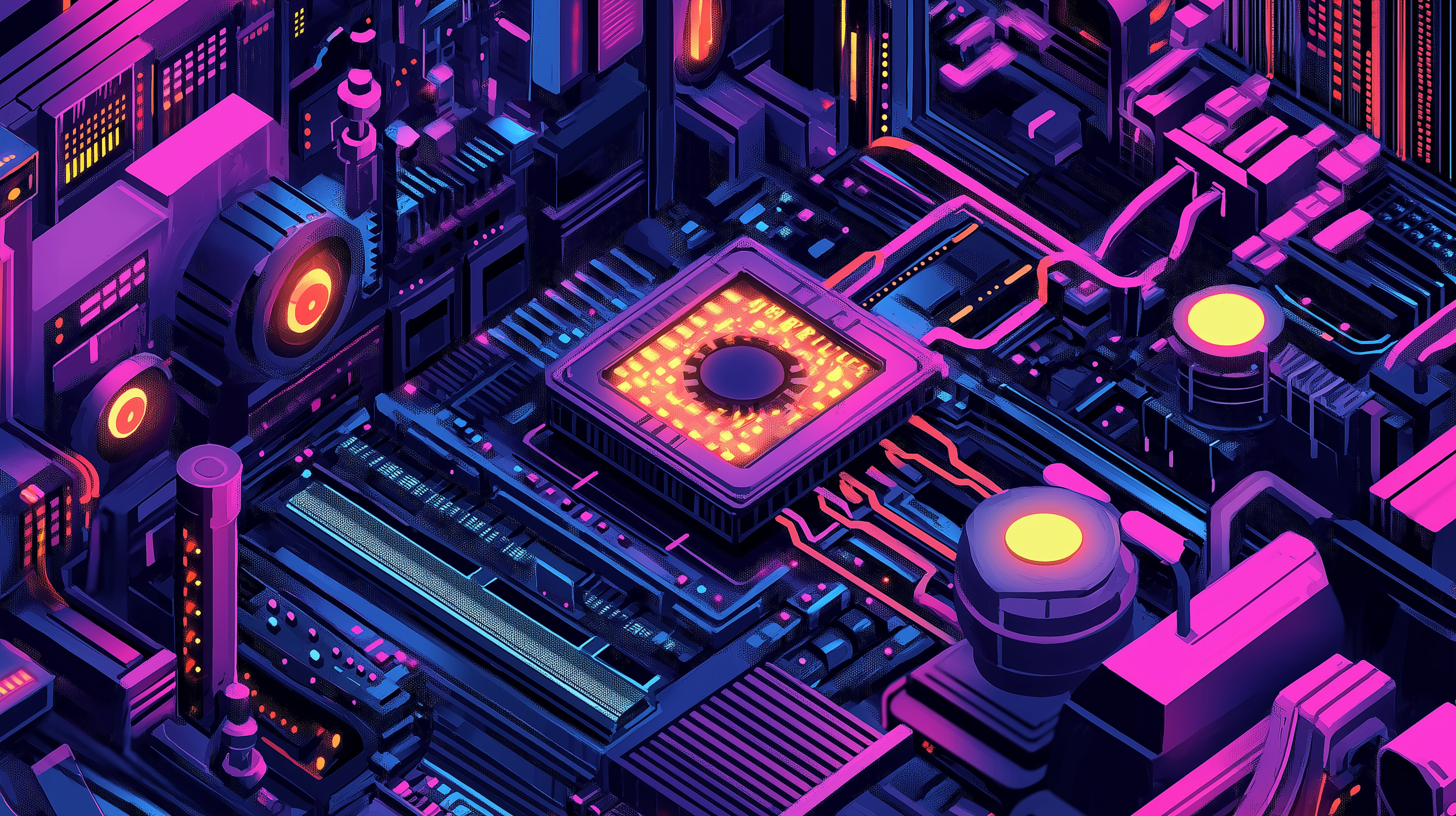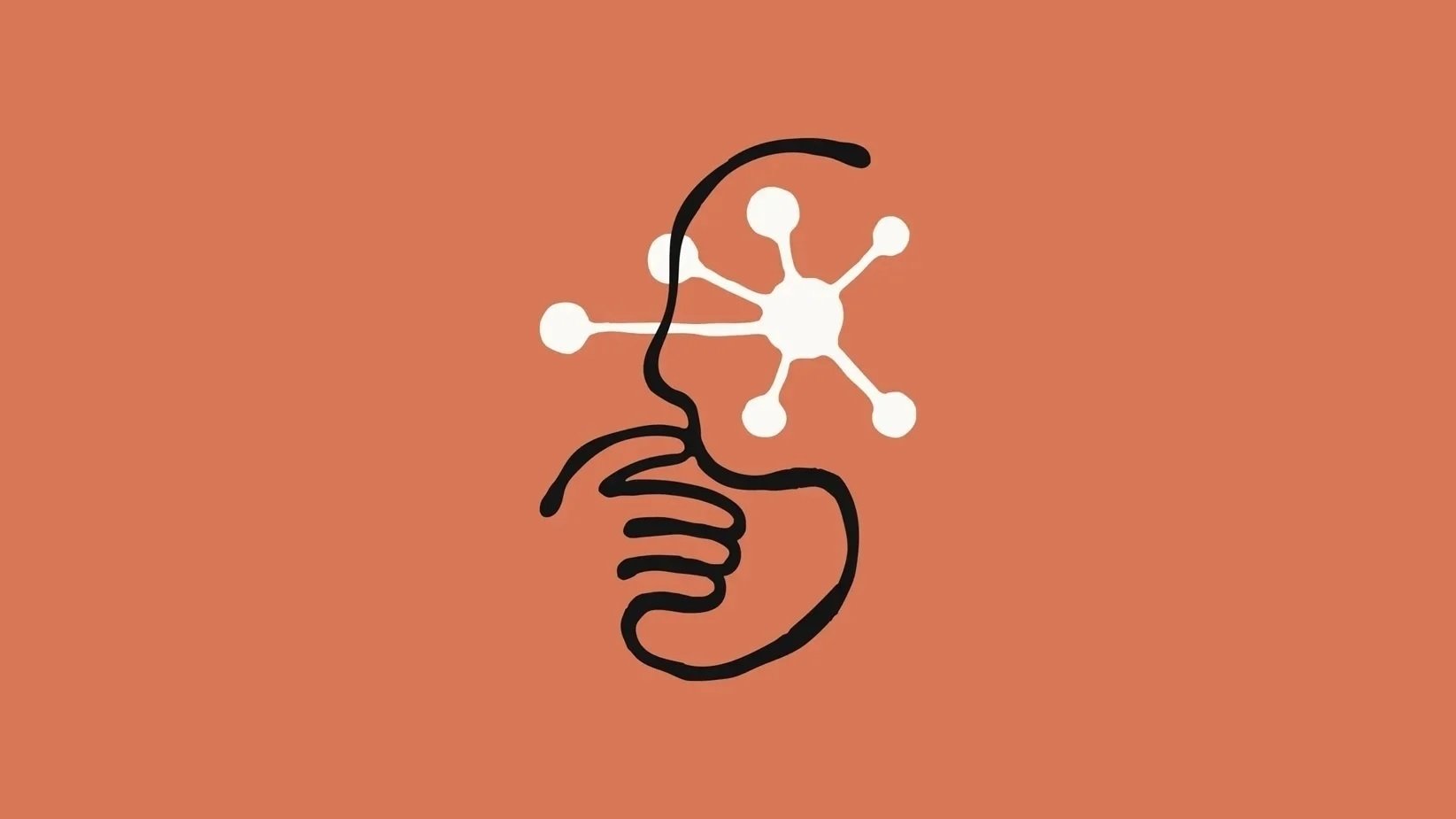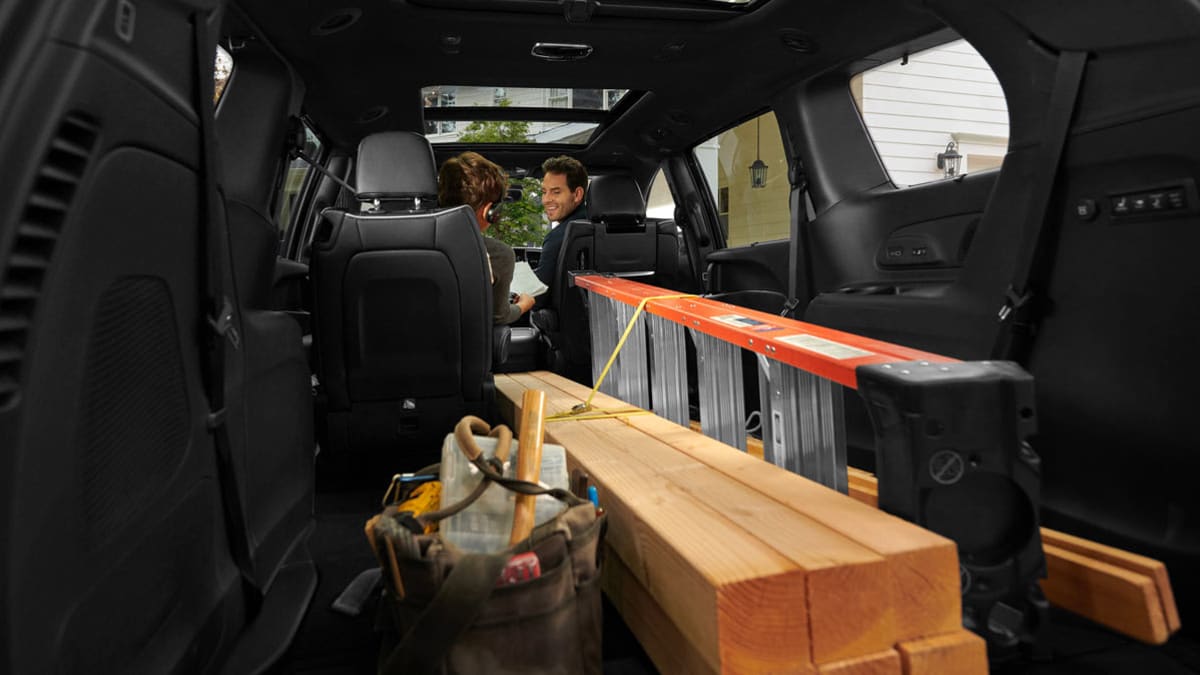
Key Takeaways
- Most mainstream smart home tech relies on internet connection for functionality.
- Future smart home systems will feature local AI hardware for independent operations.
- Local AI offers endless benefits, from privacy to personalized problem-solving.
So you have a “smart” home, but if the internet goes out it becomes as dumb as a sack of rocks. That’s because the “brains” of the operation live somewhere in a data center, but recent hardware trends and improved processing power means you might have smart home brains in your actual home, where they belong.
Most “Smart” Home Tech Needs the Internet
If you have smart speakers, smart cameras, or any variety of smart devices in your home, you probably control them using a smart home assistant like Alexa or Siri. Alternatively, you might prefer to use an app interface, or set up automations. Regardless of how you control, manage, and monitor your smart home, it all requires some sort of remote connection.
While there are some exceptions, like Hubitat and home-assistant.io, mainstream home automation solutions run by major tech giants always seem to need a line back to home base for the vast majority of their functions.
Nothing We Have Comes Close to the “Jarvis’ Fantasy
There are lots of pop culture references I could point out to when it comes to what the “ideal” smart home assistant is, but Jarvis from the first Iron Man movie is certainly one of the most famous. Jarvis is always around, keeping an ear out for anything his owner might ask for and even pre-emptively doing stuff before anyone asks for it.
While companies like Google and Open AI have solutions running in their data centers that can approximate this, a true real-world “Jarvis” wouldn’t live on some remote server somewhere, but on a local computer system. As you can imagine, this requires more computing power than would be feasible for any sort of affordable home automation system, but that’s not going to be true for much longer.
Local AI Hardware Will Be a Big Deal Soon
Whether its neural processors in laptops, iPhones, or any number of smart devices, it’s clear that running modern artifical intelligence software with specialized hardware will be commonplace soon. For now, this will allow you to use something like Siri even when there’s no internet connection. Which is a big step up when all you want to do is turn on the lights or skip a track on our smart speaker system, but you can’t because there’s a connection or server issue.
Beyond local voice recognition and language processing, there are now many examples of complete LLMs (think ChatGPT) that can exist in a local, offline form. The hardware requirements are still substantial, but as this inevitably falls, don’t be surprised if the “brain” of your smart home is safely inside the confines of your walls one day.
This local offline intelligence doesn’t have to be in just one box either. I expect that every smart device will eventually have some sort of local neural processing hardware, which could all work together. For example, a security camera might have the local AI brains to tell if someone’s injured, if a fire has broken out, or if there’s a home invasion. The central assistant that coordinates it all could then act on that alarm and call the police or an ambulance, as the need arises. Ditto for things like smart fridges that keep track of their contents. Each appliance would only need enough smarts to know when to call for the attention of the main assistant.
Local AI Has Endless Benefits for Smart Homes
Right now, the dream of a truly smart, independent, local home automation assistant hasn’t come true yet, but it’s not hard to see which way the wind is blowing. Even if it’s not in the interest of major players like Apple and Google to completely cut the puppet strings, the required software is already, by and large, open-source. So, as long as the hardware exists that can do the number crunching, someone will have an independent AI home assistant that can run on it.
What’s perhaps the most exciting is that, like using the latest ChatGPT models, these assistants could do basic problem-solving and really learn how your household operates, how the people in it like to go about their day, and what you need before you even have to ask. Apart from having all this work without dependency on external services, it would also mean keeping all of this private information about your home out of data centers somewhere. So, from a privacy angle alone, this is something I’m sure many people would appreciate.
There’s also a concurrent revolution in robotics going on, which isn’t getting quite as much media attention as generative AI and its close cousins, but will dovetail with local artificial intelligence for home automation. Giving your home assistant eyes, ears, and hands so they can be even more useful. This all still feels like science fiction, but money being no object, the necessary technology is almost here, and I can’t wait to see it all come together.
Source link










